International Alliance for Climate Smart Agriculture
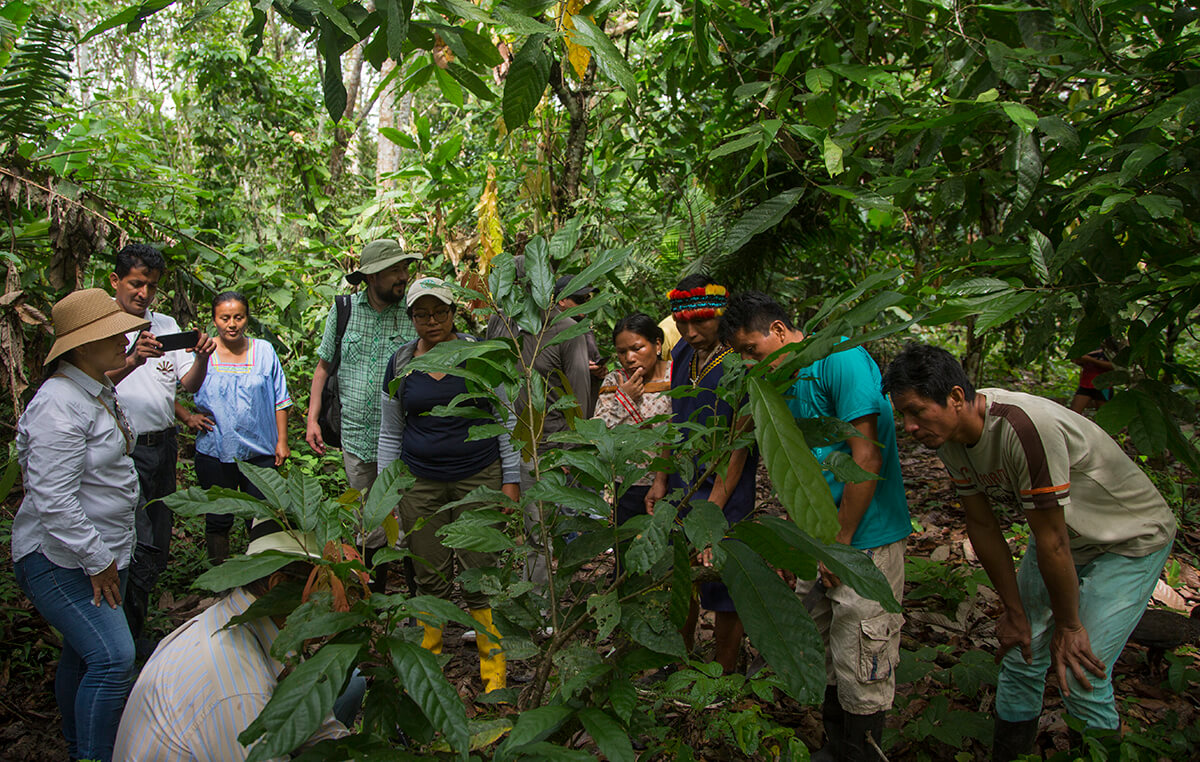
| Introduction | To address the need to generate knowledge build capacities and strengthen international coordination and collaboration on Climate-Smart Agriculture (CSA), the project established an international partnership, which promoted the climate-smart approach for food security and contributed to making the agrifood sector more resilient to the impact of climate change. |
|---|---|
| Start date | 01/04/2014 |
| End date | 31/12/2024 |
| Status | Closed |
| Recipient / Target Areas | Botswana, Ecuador, Global |
| Project Code | GCP/GLO/534/ITA |
| Objective / Goal |
|
| Partners | Government of Italy |
| Beneficiaries | Government institutions and national entities involved in agricultural and rural policy and investment development and, indirectly, hungry and malnourished people in target areas, focusing on the poorest and most vulnerable, women, infants and young children. |
| Impact |
The expected impact of the project was the creation of efficient sustainable production systems, that are adapted to changes in climate and resilient to future environmental and economic shocks. In this way, the project was expected to contribute to reducing hunger and extreme poverty, enhancing food security and increasing environmental sustainability. Support was provided for the establishment and organization of the GACSA facilitation unit, hosted by FAO, and the activities of the three action groups within GACSA (on knowledge, enabling environment and investment groups). In Botswana, the project integrated traditional practices and CSA into crop and livestock production systems and strengthened national institutional and technical capacities to adopt a CSA approach for fostering sustainable development of the local agricultural sector. In Ecuador, the project mainstreamed the climate-smart approach in the cocoa value chain under the chakra system in Napo Province. A range of knowledge products, as well as practice and policy briefs, case studies, reviews, compendia and extension tools, have been developed. |
| Contact |
Kadyrzhanova, Inkar (Senior Natural resources Officer) [email protected] Maltsoglou, Irini (Natural resources Officer) [email protected] Pagliaroli, Simone (Donor Liaison aAnd Resource Mobilization Officer) [email protected] Matteoli, Federica (Project Coordinator), [email protected] Enriquez, Geovanny (National Project Coordinator) [email protected] |
|
Related links Related publications
E-learnings Videos |
|
| Tags | Adaptation Climate Change Climate Smart Agriculture Mitigation Sustainability |

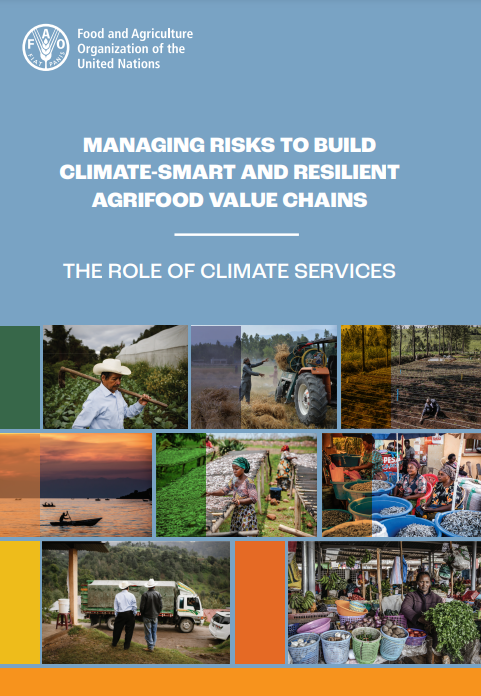
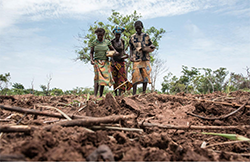
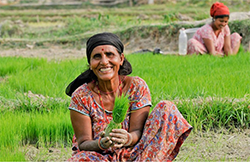
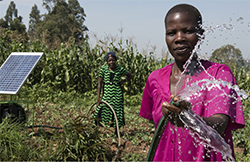
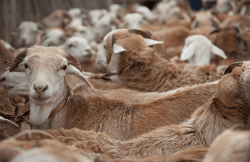
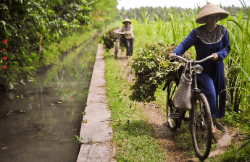
 Rol de la mujer en la chakra
Rol de la mujer en la chakra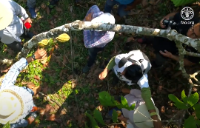 Implementación del proyecto
Implementación del proyecto Historias de éxito
Historias de éxito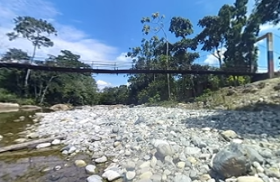 Tour de la Chakra 360
Tour de la Chakra 360